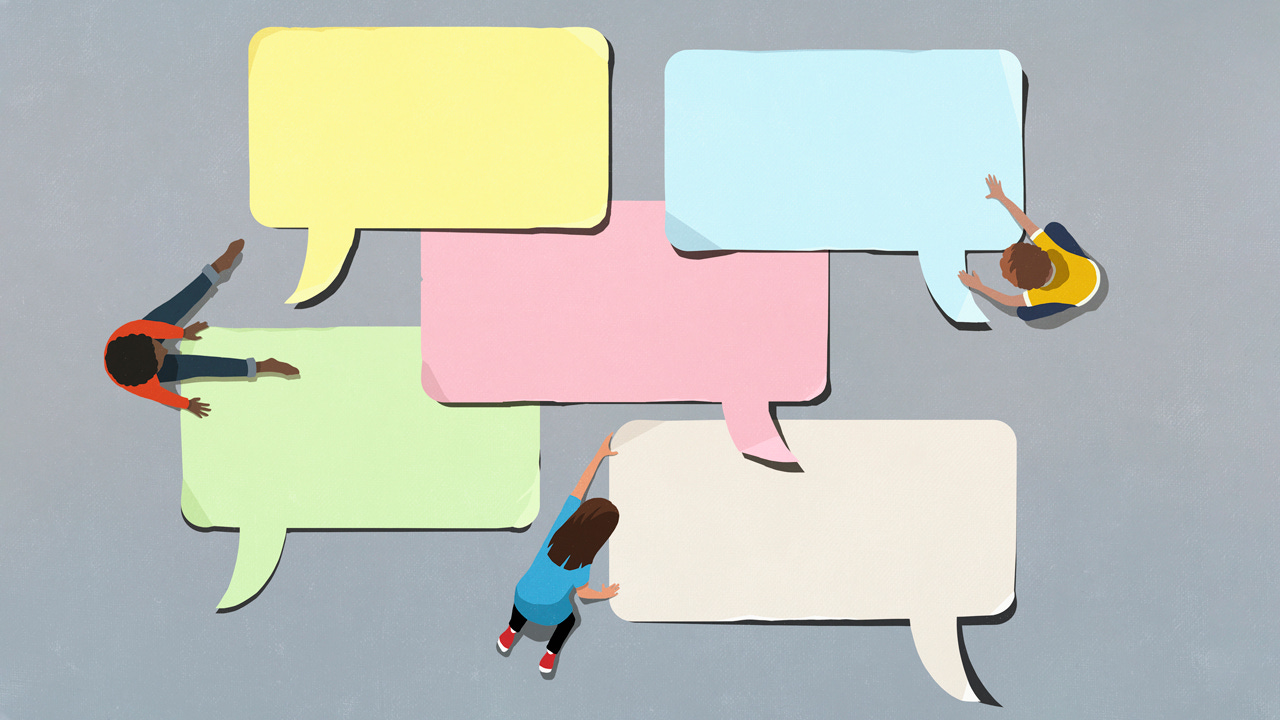The importance of our language
How we talk about mental health can shape the culture around us
We’ve all been in those situations. You are in a meeting, at a dinner, or even just in casual conversation on your daily commute, and the word slips from your mouth, “Crazy.” Some of us it so often that we don’t think about it.
“It was a crazy day.”
“I can’t believe how crazy he was acting.”
“That was a crazy good concert.”
Even in watching Sing 2 with my kids this weekend, “Let’s go crazy” by the unforgettable, Prince, was the opening number.
There is power in our language, and no matter how informed or well intended we might be, on occasion we use language that can hurt others. Even this past week, Beyonce, Queen Bey herself, rerecorded a lyric in one of her songs because of its offensiveness to some in the disability community. Have you ever thought about how powerful language is in setting the tone for our culture? How language can build bridges or create even more of a divide?
In mental health, there are so many problems with the language we use. Consider the example above of the word “crazy.” This word stereotypes an entire population, furthers the stigma around mental health, and has the potential to keep our culture stuck in thinking that mental health is something should hide or not address. Sadly, we have many more language problems beyond that go beyond the the casual use of the word “crazy.”
If we accept the science that our minds and our bodies are connected, then sometimes even using the term “mental health” leads people to assume they are separate. Now, I know you are thinking, “Well, if we can’t use that word, what do we use to describe that other part of our health?” Right, it’s a strange problem to have. In a perfect world, using the term health would naturally include things like mental, but we are not in that world and still have to advocate to have mental health even included in discussions around health. You see the problem? And don’t get me started on terms like “behavioral health.”
Our language, in large part, has shaped our structures. We have a “mental health” system; a “mental health” benefit; a “mental health” training program. These are important parts of our system that both highlight how far we have come and also how far we have to go. If we want a more integrated approach to health, one where mental health is central and a foundational tenet, we have to be thoughtful about our language.
Here are three things I think we can do to help better our language to advance mental health.
First, be aware of stigmatizing words or phrases. I used the “crazy” example above, but there are so many more. Stigma, which I have written about here before, is a very real issue that prevents so many from seeking help. We don’t want to reinforce a mindset that something is wrong with you or that you are broken just because you need help. There are some excellent guides out there that can be referenced that highlight some of the stigmatizing words we use.
Second, model the use of good language in service of helping others be more comfortable sharing their struggles. Using person first language e.g. a person experiencing/struggling with addiction vs. an addict can help a person feel less labeled and more open to sharing. Whenever I am speaking in public, I remain super conscious of the words I use and how they invite others into a place of being comfortable talking about mental health. You never know who is listening - from your kids to your friends - and how they may take your language and reuse it in other settings. If we are consistent, we can create a more accepting culture for mental health and addiction.
Third, take advantage of any and all situation to correct someone on their improper use of language. I recall vividly one podcast I was doing where the brilliant host kept saying “committed suicide.” In my world, this is a massive no no for a myriad of reasons you can read about here (even dictionary.com has a thoughtful piece on this). I stopped him immediately and told him the reasons why we say "died by suicide” instead. He wrote me a thoughtful note after the podcast thanking me for this correction as he was unaware of how damaging his language could be. Even now, you can see the mental health field, especially those engaged in social media, correcting headlines and other news reports that may use stigmatizing or blaming language.
As Mark Twain said, “The difference between the right word and the almost right word is the difference between lightning and the lightning bug.” Let’s be intentional with our language as yet another way to help support and advance mental health. It might be a small thing, sure, but it also helps create a firmer foundation for a more inclusive culture for mental health.






We at DBSA have regular conversation about the use of compassionate language. I have shared this with our Peer and Policy Advancement team to reaffirm this work. Many thanks.
Also, about suicide: My mother attempted suicide when I was young. Maybe it's a matter of perspective, but if she had succeeded, I would say that she committed suicide. Suicide (and suicide attempts) are not victimless if you have children. Attempting or committing suicide as a parent is an act of harm on your children. My mother's suicide attempt was an act committed on me, even if that was not her intention.